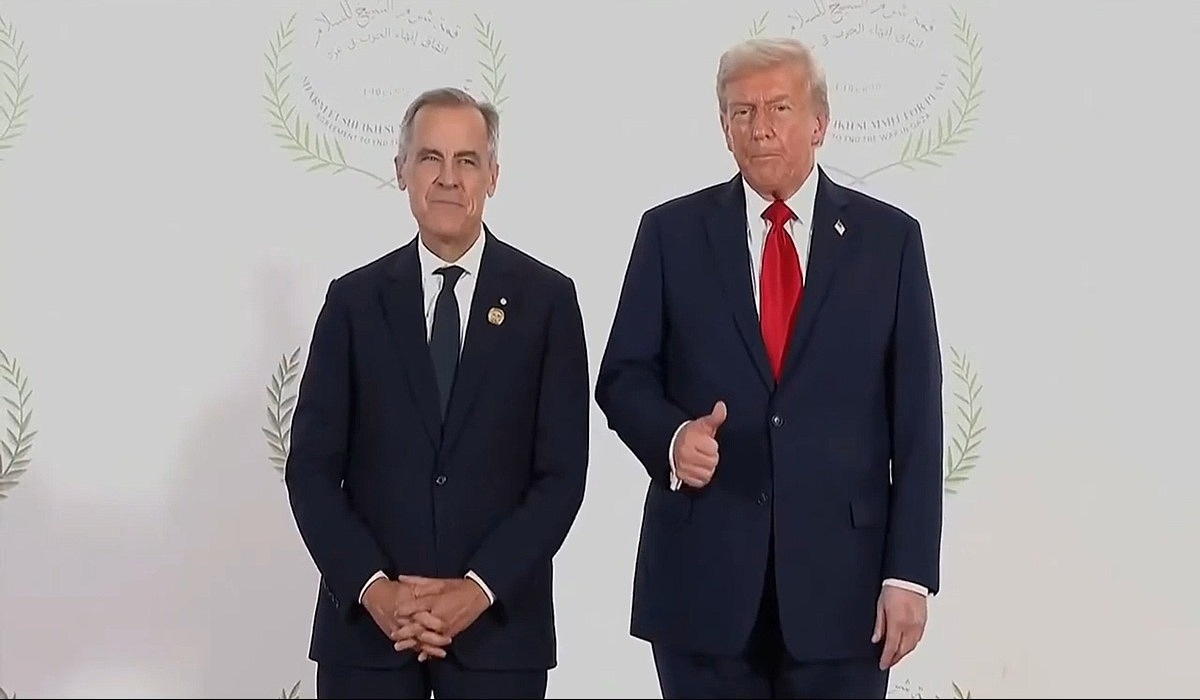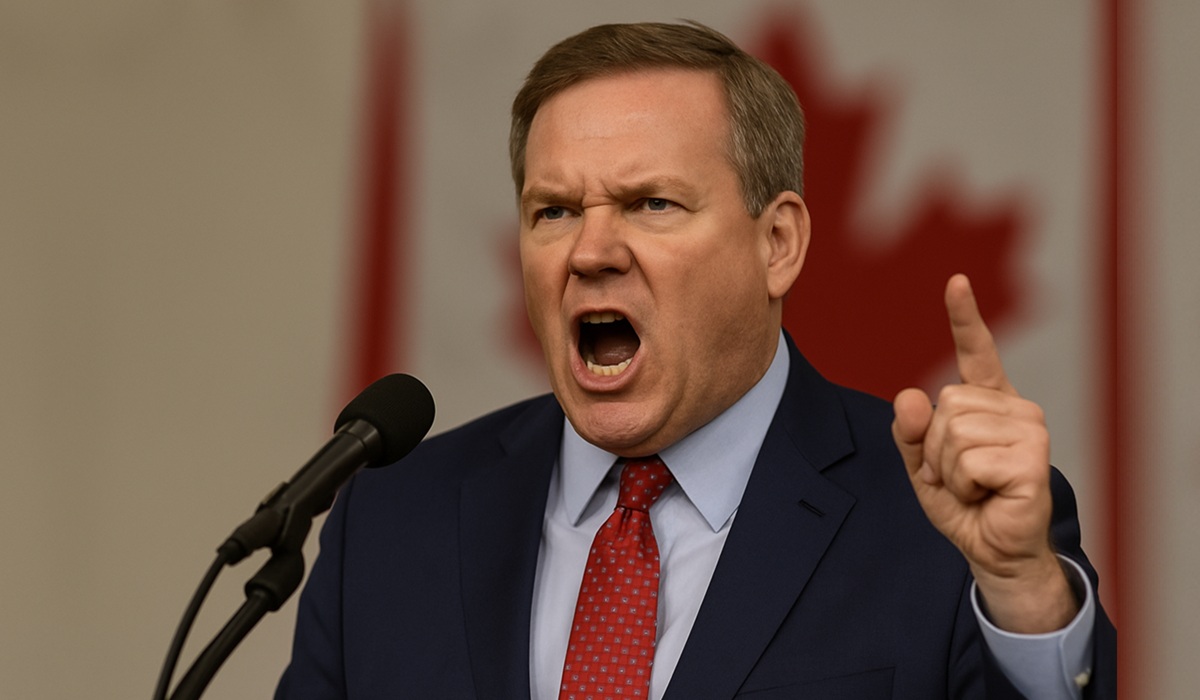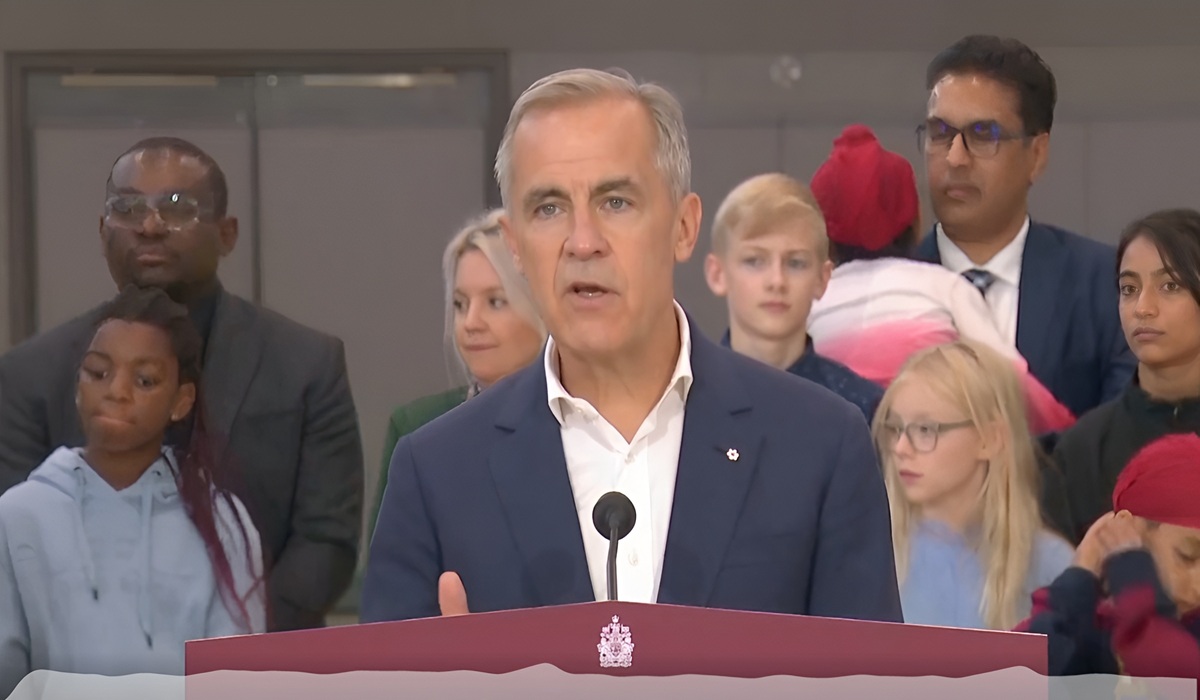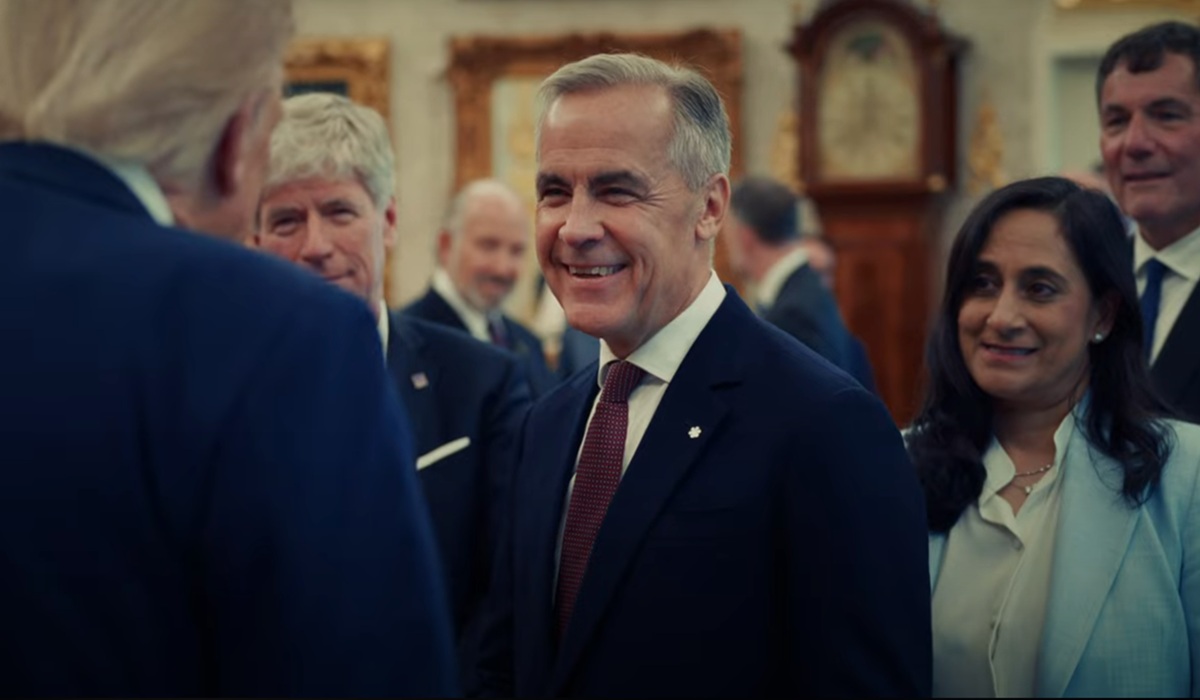Carney Wraps Up Middle East Peace Summit with Cautious Optimism
- Ingrid Jones
- Canada
- October 14, 2025

Sharm el-Sheikh, Egypt – October 14, 2025, Prime Minister Mark Carney has concluded his participation in the Middle East Peace Summit in Sharm el-Sheikh — a meeting framed as a turning point after years of bloodshed in Gaza and political gridlock across the region. The summit, co-hosted by the United States and Egypt, brought together world leaders to endorse what’s being described as the most comprehensive peace plan since the Oslo Accords — though optimism remains measured.
Carney expressed gratitude to U.S. President Donald J. Trump for what he called “essential leadership” in securing the release of hostages and pushing for an end to the war in Gaza. He also acknowledged the diplomatic roles played by Egypt’s President Abdel Fattah el-Sisi, Qatar’s Amir Sheikh Tamim bin Hamad Al Thani, Türkiye’s President Recep Tayyip Erdoğan, and others who helped mediate the fragile truce.
Behind the formal language and ceremonial photo ops, however, the summit underscored a mix of hope and skepticism. Leaders spoke of “a new chapter,” yet few could ignore the scale of destruction or the deep mistrust that remains between Israelis and Palestinians — and between the region and the West.
Carney’s remarks focused on three immediate priorities: humanitarian relief, stabilization, and long-term governance. He urged Israel to open all border crossings for “unimpeded, sustained, and large-scale” delivery of aid to Gaza. He also backed a proposal for an international stabilization force — one that would oversee Hamas’ disarmament, protect civilians, and create conditions for Israeli withdrawal. That force, if approved by the UN, would likely be led by U.S. and French contingents.
On governance, Carney reiterated Canada’s support for rebuilding Palestinian political institutions. “Reform and capacity-building within the Palestinian Authority are essential,” he said, stressing that any lasting peace must include Palestinians “fully engaged in shaping and implementing” their own future.
Canada has already pledged over $400 million toward humanitarian and reconstruction initiatives in Palestine — including $270 million specifically for relief and peace-building. While that contribution makes Canada one of the larger Western donors relative to its population, critics at home have questioned whether Ottawa’s aid dollars come with sufficient accountability or long-term strategy.
During the summit, Carney held bilateral meetings with leaders from more than twenty countries, including France, the United Kingdom, Germany, Italy, Türkiye, Palestine, and key Gulf states. The talks reportedly touched on reconstruction logistics, election oversight, and preventing regional flare-ups from derailing fragile ceasefires.
In his closing statement, Carney pledged that Canada would help organize free and fair elections in Palestine — elections from which Hamas would be excluded — and assist in building the framework for Gaza’s recovery. His tone was careful, aware that even small missteps could unravel months of negotiation.
“The Gaza Peace Summit is an historic moment,” Carney said. “It opens a new chapter of hope for Palestinians and Israelis. The road to stability and peace remains long, but this is a vital first step.”
The Prime Minister’s words reflect cautious optimism rather than triumph. The summit may mark progress, but the realities on the ground — displacement, destroyed infrastructure, and deep political divides — remain daunting. Still, for a region exhausted by endless cycles of violence, even a fragile agreement represents a rare pause, and perhaps, a sliver of possibility.








